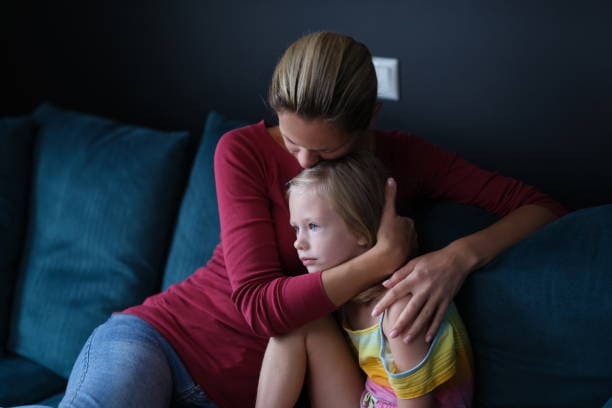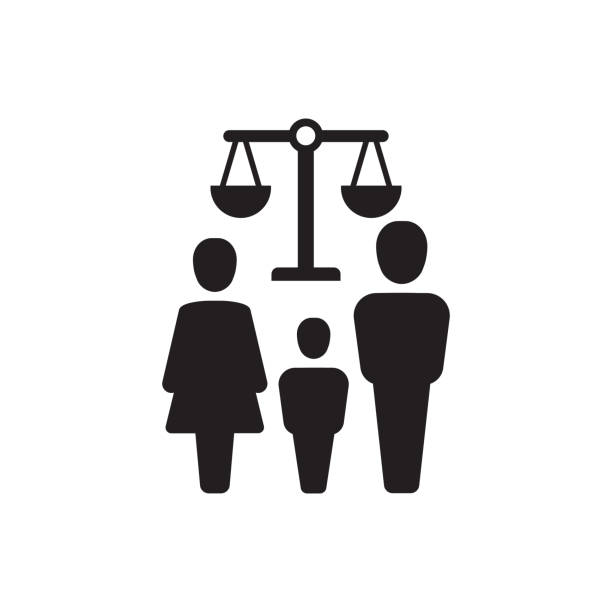“DOCS took my child, what should I do next”? A parent may wonder this if the Department of Community Services (DOCS) has taken their child.
The Department of Family and Community Services (FACS) absorbed DOS. FACS is an NSW government agency that is committed to the safety and well-being of children and young people. It aims to protect them from risk of harm, abuse, and neglect. However, the FACS was dissolved in 2006 and superseded by new departments.
The current department responsible for delivering a strong and fair society for all Australians and in charge of operational activities for “Family Relationship, Family and Children’s Support Services” is the Department of Social Services (DSS).
The Department of Social Services (DSS)
The DSS plays a crucial role in supporting families and children through various programs, services, benefits, and payments. It is responsible for developing and implementing social policy. This includes income security and support policies for families with children, carers, the aged, people with disabilities, and people in hardship.
In the context of child and family services, the DSS provides support for parents and families. It promotes social inclusion, and enhancing opportunities for children and families. It also collaborates with other agencies and organisations to ensure the well-being of children and families in Australia.
DOCS Took My Child: What You Can Do
In line with its mandate, the DSS can remove your children from your care. If the Department decides that they need to take action to protect your children, they may remove your children and start legal action.
Moreover, they can also take legal action and go to court even if your children are still in your care. That’s why if the Department gets involved with your family, you must do the following:
- Seek legal advice as soon as possible.
- Research about the rules as to DSS’s power to remove children from parent’s or guardian’s care.

DOCS Took My Child: Care Orders from the Court
If the Department files an action and your case reaches the Children’s Court, the Department will have to show the court that the action for removal of your children from your custody was necessary:
- to protect your children, or
- to make sure that they receive proper care.
Types of Care Orders
Courts may issue Care and Protection Orders, Child Protection Orders, or Protection Orders. This depends on which State or Territory you are in. The court order may include any of the following specifications:
- Orders about who makes decisions about your children’s daily life and the long-term decisions like who cares for them, where they live, where they go to school, and what medical treatment they get. You can do this, or the other parent, the Department, or someone else (such as a family member), a combination of these people.
- Orders about how much contact your children should have with you, other family members, and other important people.
- Orders that return your children to your care but place your children under the ‘supervision’ of the Department which allows them to monitor your children’s safety, welfare, and wellbeing.
- Orders that you, or anyone else caring for your children, give promises (called ‘undertakings’) to the court about what you will do or not do in the future.
- Orders that you, or anyone caring for your children, cannot do certain things (called ‘prohibition orders’).
DOCS Took My Child: What’s Going to Happen?
In New South Wales, the Department of Communities and Justice (DCJ) may get an emergency care and protection order from the Children’s Court. This is in cases where a child or young person needs immediate protection. When the Children’s Court believes that a child or young person is in danger of suffering substantial damage, it may issue an emergency care and protection order.
The Director-General or another designated individual is responsible for the child or young person under the terms of the emergency care and protection order. It can be extended once. This is for an additional maximum of 14 days, and has a maximum duration of 14 days.
What Is an Assessment Order?
The Children’s Court makes an assessment order to assess:
- A child or young person’s physical, psychological, psychiatric or other medical needs
- A person’s capacity for parental responsibility.
DOCS Took My Child: Instances of Removal
The Court may make an order removing a child or young person from a parent’s or carer’s custody when there are reasonable grounds to believe that:
- The child or young person is at risk of serious harm.
- The risk is immediate.
- Less intrusive actions are insufficient to reduce the risk of serious harm.
Additional matters that you need to know when the government decides to assume custody of your children:
- A search warrant is not always necessary to remove a minor. DCJ may take over the care of a child or young person in situations where they are in danger of serious injury. And it would not be in their best interests to be taken from the facility where they are currently located (a hospital, respite care facility, or other agency).
- Whether or not they are the child’s or young person’s parent, the person who seems to be in charge of the premises is served with an order for assumption when taking on care responsibilities in a hospital or other setting. The simple fact that the kid or young person is moved to a new location does not mean that the order no longer applies.

DOCS Took My Child: What Now?
After a care and protection order, DCJ assumes care responsibility, and this is what happens:
- The child or young person and his or her parent or carer receive information about DCJ’s rules and conditions.
- The child or young person receive information on applying for discharge.
- The arrangement of a placement takes place.
- The matter proceeds to the Children’s Court within three (3) working days.
Talk to a Family Law Expert
Are you facing issues related to the custody of your children and the involvement of the Department of Social Services (DSS)? If so, it is important to seek legal advice from an experienced family lawyer as soon as possible. DSS has a lot of power, and it can be difficult to navigate the legal system on your own.
JB Solicitor’s family lawyers are experts in the field and we can help you understand your rights and options, and represent you in court if necessary. We can also help you develop a plan to protect your children and get them the support they need.
Contact us now.
